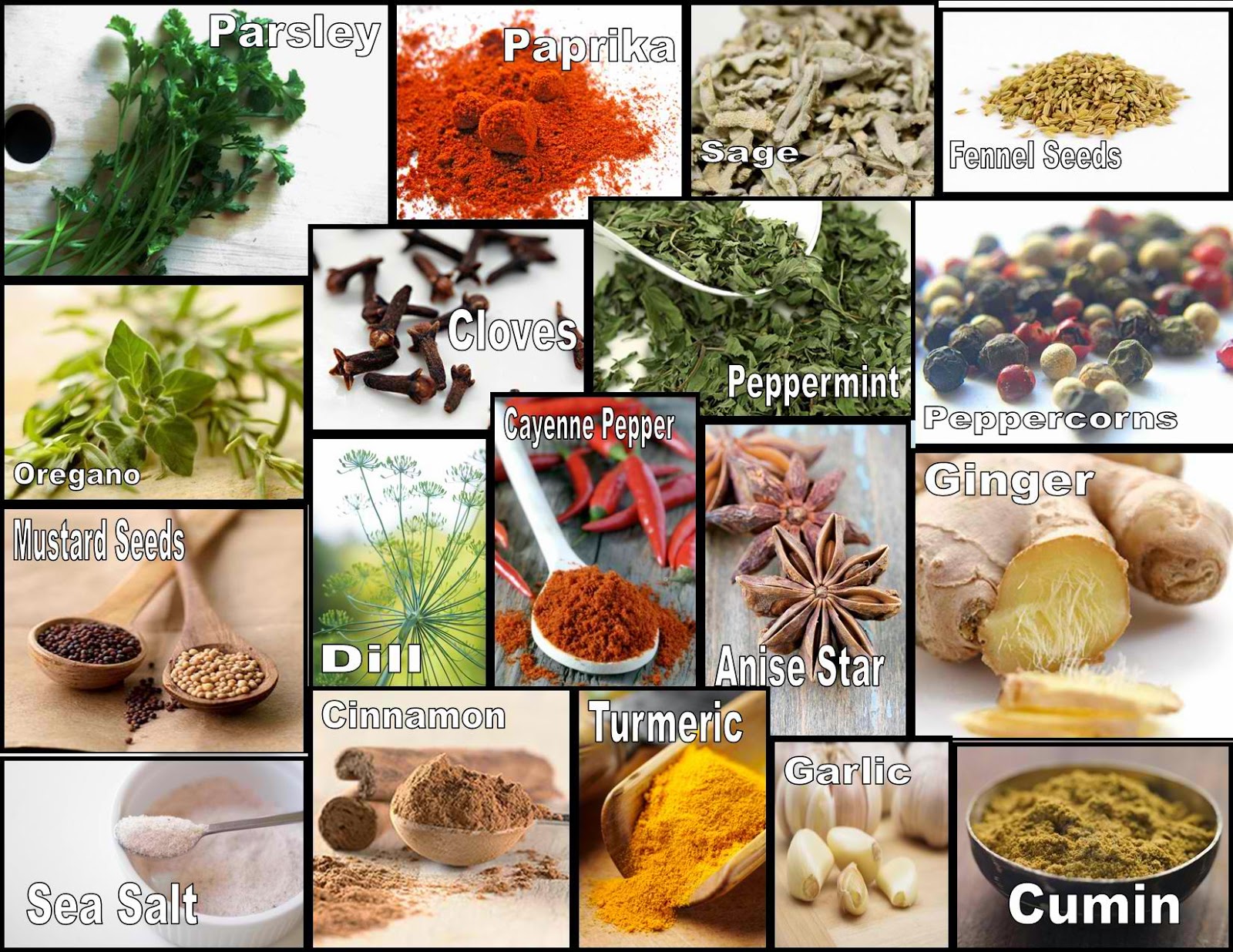Herbs have been an essential part of culinary traditions and herbal medicine for centuries, offering flavor, fragrance, and health benefits. Among the vast variety of herbs, those that start with the letter "T" hold a special place in kitchens and gardens worldwide. From tantalizing flavors to therapeutic properties, these herbs contribute significantly to both gastronomy and holistic health. In this article, we will delve into the fascinating world of herbs that start with T, exploring their uses, benefits, and unique characteristics.
Understanding the various herbs that start with T can enhance your cooking skills and provide valuable insights into natural remedies. Whether you are a seasoned chef or a curious home cook, incorporating these herbs into your dishes can elevate your culinary creations. Additionally, many herbs have significant medicinal properties that can aid in various health conditions, making them valuable additions to any herbalist's repertoire.
Join us as we uncover some intriguing herbs that start with T, answering essential questions about their benefits, uses, and how to incorporate them into your daily life. Let's embark on this herbal journey and discover the treasures hidden within the world of T herbs!
What Are Some Common Herbs That Start With T?
When we think of herbs that start with T, several popular varieties come to mind. Here are some of the most common:
- Thyme - A versatile herb known for its earthy flavor and medicinal properties.
- Tarragon - An aromatic herb often used in French cuisine, prized for its anise-like flavor.
- Turmeric - A vibrant yellow root with powerful anti-inflammatory benefits.
- Tea Tree - Known for its antiseptic properties, often used in skin care.
How Can Thyme Enhance Your Cooking?
Thyme is a beloved herb in many kitchens around the globe. Its subtle yet distinctive flavor can enhance a variety of dishes, from roasted vegetables to meats and soups. Thyme is particularly popular in Mediterranean cuisine, where it pairs beautifully with olive oil and garlic. Not only does thyme add flavor, but it also offers health benefits, including:
- Antimicrobial properties
- Rich in antioxidants
- Supports respiratory health
What Recipes Can You Try with Thyme?
Here are a few recipes to inspire you to use thyme in your cooking:
- Thyme-Infused Roasted Chicken: Marinate chicken with olive oil, garlic, lemon, and fresh thyme before roasting.
- Thyme and Mushroom Risotto: Stir fresh thyme into creamy risotto with sautéed mushrooms for an earthy flavor.
- Vegetable Soup with Thyme: Add thyme to your vegetable soup for an aromatic touch.
What Is the Culinary Use of Tarragon?
Tarragon is known for its unique, slightly sweet and anise-like flavor, making it one of the essential herbs in French cuisine. It is often used in sauces, dressings, and marinades. Due to its delicate flavor, tarragon is usually added toward the end of cooking to preserve its aromatic qualities. Some popular uses of tarragon include:
- Classic Béarnaise sauce
- Chicken and tarragon salad
- Vinaigrettes and marinades
What Nutritional Benefits Does Turmeric Offer?
Turmeric, a bright yellow spice derived from the root of Curcuma longa, is not only a culinary delight but also a powerhouse of health benefits. It contains curcumin, a compound with potent anti-inflammatory and antioxidant properties. Turmeric is often used in curries, soups, and smoothies, and can be consumed as a supplement or tea. The primary benefits of turmeric include:
- Reducing inflammation
- Enhancing brain function
- Supporting cardiovascular health
How Can You Incorporate Turmeric into Your Diet?
Here are some simple ways to add turmeric to your meals:
- Golden Milk: Make a soothing drink with turmeric, coconut milk, and honey.
- Curried Lentils: Use turmeric in your lentil curry for added flavor and health benefits.
- Turmeric Smoothie: Blend turmeric with bananas, spinach, and almond milk for a nutritious smoothie.
What Are the Benefits of Tea Tree Oil?
Tea tree, or Melaleuca alternifolia, is renowned for its essential oil, which possesses remarkable antiseptic and anti-inflammatory properties. Tea tree oil is often used in skincare products and natural remedies for its ability to combat acne, fungal infections, and dandruff. Key benefits of tea tree oil include:
- Fighting acne-causing bacteria
- Soothing skin irritations
- Promoting healthier hair and scalp
How Can You Use Tea Tree Oil in Your Daily Routine?
Here are some effective ways to incorporate tea tree oil into your skincare and haircare routine:
- Acne Treatment: Dilute tea tree oil with a carrier oil and apply it directly to blemishes.
- Scalp Treatment: Add a few drops of tea tree oil to your shampoo or conditioner for a healthy scalp.
- DIY Face Mask: Combine tea tree oil with clay and water to create a purifying face mask.
Conclusion: Why Should You Explore Herbs That Start with T?
Herbs that start with T offer a rich array of flavors, aromas, and health benefits that can enhance your culinary repertoire and promote well-being. From the versatile thyme to the fragrant tarragon, the healing properties of turmeric, and the antiseptic benefits of tea tree, these herbs are worth exploring. By incorporating these herbs into your meals and daily routine, you can elevate your cooking and embrace a holistic approach to health. So, the next time you're in the kitchen or browsing through herbal remedies, consider reaching for these remarkable herbs that start with T!
You Might Also Like
Discovering The World Of Butcher Block: What Kind Of Wood Is Butcher Block?Embracing Confidence: The Art Of Being Just In Panties
Unlocking Opportunities: Graduate Programs That Are Easy To Get Into
Discovering The Distance From Las Vegas To Tucson: A Journey Through The Desert
Understanding The Duration Of Forward Address: How Long Does A Forward Address Last?
Article Recommendations
- Aikisha Holly Colon Net Worth A Detailed Look Into Her Life And Achievements
- Discovering The Life Of Halil Ibrahim Ceyhan A Comprehensive Biography
- Ela Cervetto The Life And Achievements Of A Remarkable Talent


